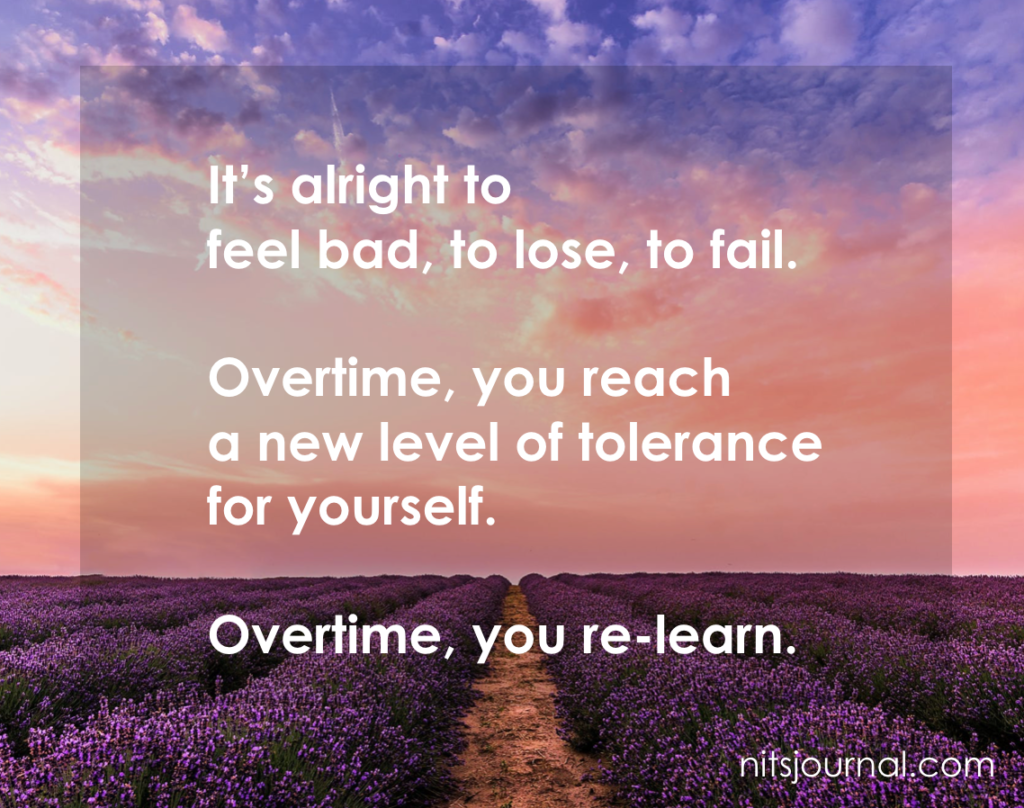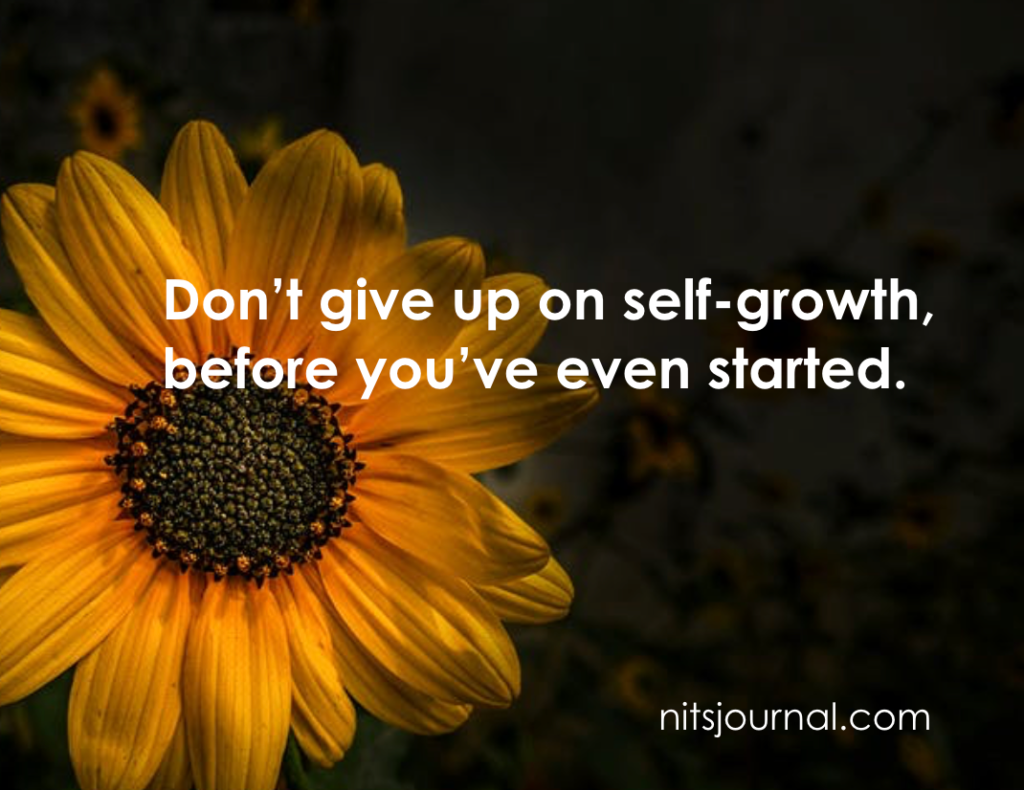Too much of anything is never good. So they say.
What is dopamine and what does it have to do with psychology, our temperament and how we go through life?
Apparently…. a lot.
What is Dopamine?
Dopamine is a hormone, a type of neurotransmitter that our bodies make. It helps our nervous system send messages between nerve cells.
…Now hang on. That’s a very scientific definition and a mouthful of jargons.
In simpler terms, it basically is a chemical that our bodies create, and it plays a very important role on how we feel pleasure. In even easier terms, we can refer to it as our ‘happy hormone’.
The role of Dopamine and the motivation to become better.
It’s related to the concept of reward and punishment (B.F. Skinner). In office terms, it’s the concept of the carrot and the whip.
Idea being, when the desirable good behaviour and outcomes are achieved, a reward is given to encourage the frequency of this behaviour. While punishment is given to reduce and limit unwanted behaviours.
Our minds and bodies already have this natural function. It doesn’t necessarily need to come from external consequences. When we’re stressed, we expose ourselves to the hormone cortisol, which causes us all sorts of health problems. When we’re happy, we gain dopamine and our bodies feel great!
In this way, one of the roles of dopamine has always been to motivate us to do better. Become better. Such as when we win a race in elementary school, when our parents praise us for a nice art piece, this continues in our adult lives to that ‘well done’ from our boss at work and so on.
Per the first sentence of this article: too much of anything is never good, then what might be the consequences of too much dopamine.
The dangers of Dopamine addiction.
Now imagine if we’re use to winning. That thrill of winning a sports match, winning other’s approvals, friends, and so on a so forth. What happens when something breaks that winning streak? What happens when dopamine is cut short?
Humans are naturally wired to want to feel good, happy and satisfied with themselves. And ideally we’d want to be happy everyday, but reality is far from that. There will always be something that makes us feel bad, whether it’s a bad traffic day or someone said something we didn’t want to hear, per se.
Now, if we’re so used to always being on top of our game, always winning, we’ll try to find ways to get that surge of dopamine… that small win.
Question is, what would happen when we can’t get that small win?
There are three potential ways this might turn out. First, you dispute with yourself that it is alright to feel bad, it’s alright to lose, it’s alright to fail and over time, you reach a new equilibrium, a new tolerance for yourself. Perfect.

The second potential outcome is you’re not able to successfully dispute with yourself and spiral down the road of despair. The third possible outcome is you do whatever it takes to win, perhaps blurring your lines of moral values and end up hurting others for those wins.
The worst is if we keep wanting more wins, to the point of becoming addicted to power.
The best outcome is of course the first. And this freedom to dispute with yourself and re-learn your inner truths and balance is possible for everyone. This touches on the topic of REBT (Rational emotive behavior therapy), which warrants an entire section of its own to explore.
Taking control
What I’ve come to realised, is that if you simply suggest that certain outcomes cannot be helped and it’s the result of your hormones, it’s like giving up on self-growth before you’ve even started.

It starts with self-awareness…that pause to reflect on yourself. To consciously tell yourself, that you do not need to win, you do not need to demean another. And in doing so, if it means you don’t get that dopamine rush, it’s alright. It’s alright to simply just be.
